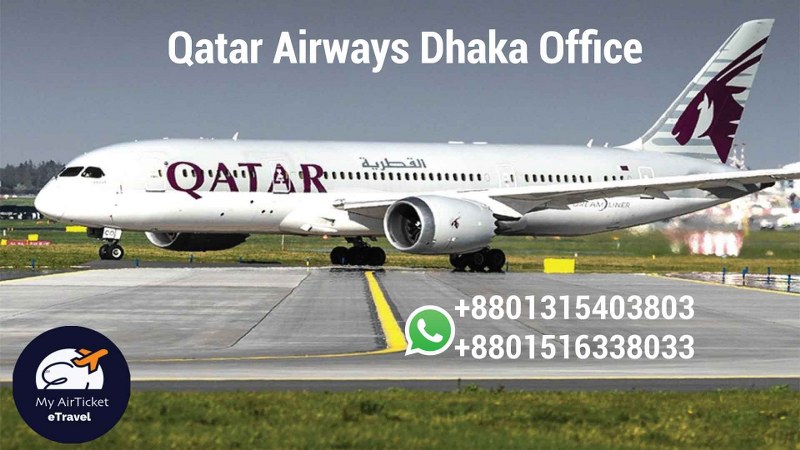In an era marked by rapid technological advancements, the airline industry is undergoing a transformative shift in how passengers’ book and manage their flights. Traditional ticketing systems are making way for digital trends and innovations that promise to streamline the entire travel experience. Let’s explore the exciting developments shaping the future of Airline ticket.
1. Blockchain Technology:
Blockchain, the decentralized and secure ledger technology, is making waves in the airline industry. It offers a transparent and tamper-proof system that can enhance security and reduce fraud in ticket transactions. Smart contracts powered by blockchain enable automated and trustless execution of agreements, potentially eliminating the need for intermediaries. This could lead to quicker, more efficient, and cost-effective ticketing processes.
2. Biometric Authentication:
Imagine a world where your face or fingerprint is your boarding pass. Biometric authentication is gaining traction as a secure and convenient way to verify passengers’ identities. Airlines are investing in biometric technologies to streamline the check-in process, enhance security, and reduce boarding times. This innovation not only simplifies the passenger experience but also contributes to a more seamless and contactless travel journey.
3. Mobile Ticketing and Digital Wallets:
The ubiquitous use of smartphones has paved the way for mobile ticketing solutions. Airlines are increasingly offering electronic tickets that passengers can store on their mobile devices. Additionally, digital wallets, such as Apple Pay and Google Pay, are becoming integral to the ticketing process, allowing travelers to make seamless transactions with just a few taps on their phones. This shift towards mobile-centric ticketing is not only convenient but also aligns with the broader trend of digitization in the travel industry.
4. Dynamic Pricing and Personalization:
The era of fixed ticket prices is gradually giving way to dynamic pricing models. Airlines are leveraging data analytics and machine learning algorithms to adjust ticket prices in real-time based on various factors such as demand, time of booking, and historical trends. This dynamic pricing strategy aims to optimize revenue for airlines while presenting passengers with personalized and potentially more affordable options.
5. Augmented Reality (AR) and Virtual Reality (VR):
The integration of AR and VR technologies into the airline ticketing process is creating immersive and interactive experiences. Passengers can use AR applications to visualize seat arrangements, explore in-flight amenities, and even virtually tour the aircraft before making a booking. VR, on the other hand, has the potential to revolutionize the ticket purchasing experience by offering virtual tours of destinations and allowing customers to “try before they fly.”
6. Artificial Intelligence (AI) and Chatbots:
AI-powered chatbots are reshaping customer interactions in the airline industry. From answering inquiries and providing real-time updates to assisting with bookings, chatbots enhance customer service and contribute to a more efficient ticketing process qatar airways changing flight date. Additionally, machine learning algorithms can analyze customer preferences and behavior, allowing airlines to offer personalized recommendations and promotions, ultimately improving customer satisfaction and loyalty.
7. Integration with the Internet of Things (IoT):
The IoT is connecting devices and systems in ways previously unimaginable. In the airline industry, IoT can play a crucial role in enhancing the overall travel experience. From smart luggage tracking to real-time monitoring of aircraft components, the integration of IoT technologies can improve efficiency and contribute to a more seamless ticketing process. As we look ahead, the future of airline ticketi





